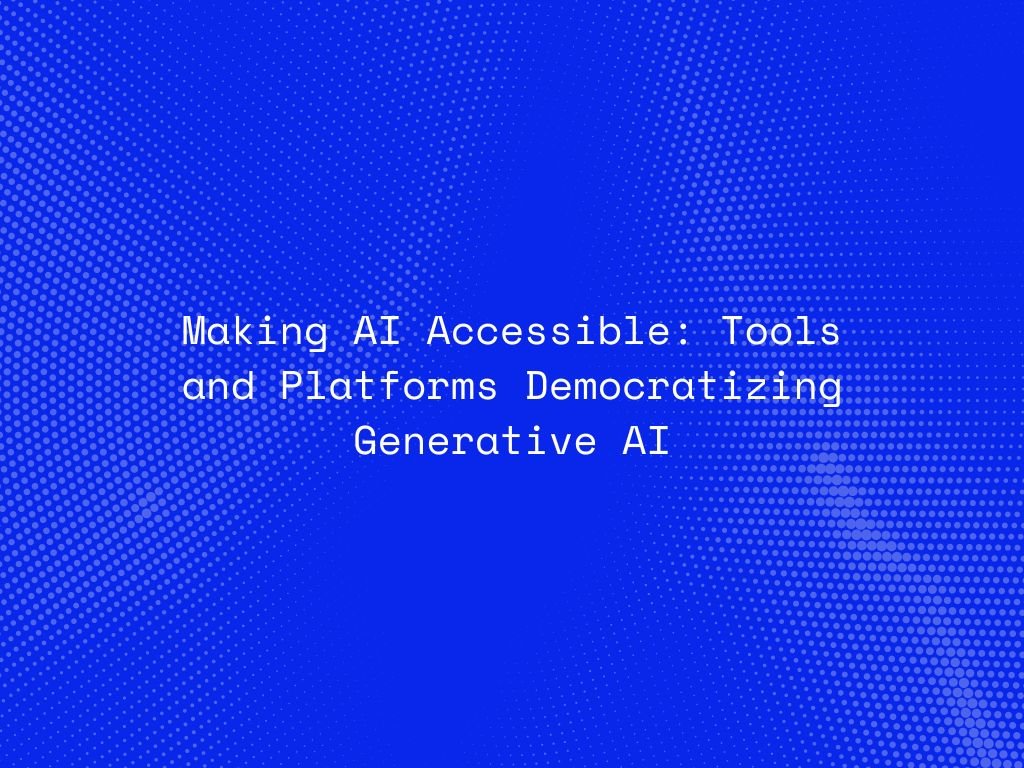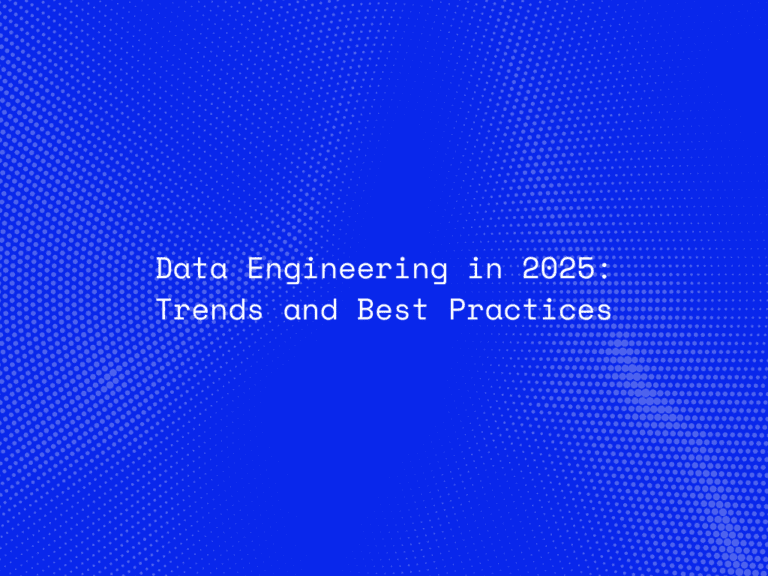Generative AI, a technology capable of creating content like text, images, and music, is transforming industries and driving innovation. However, the complexity and technical expertise required to harness AI have often limited its use to large organizations with dedicated teams. This is changing, thanks to new tools and platforms designed to make generative AI accessible to non-experts. In this blog, we will explore how these innovations are enabling individuals and small businesses to leverage AI’s power without needing technical expertise.
The Importance of Accessible Generative AI
Generative AI offers immense potential across various applications, from personalized marketing to creative design. However, many individuals and small businesses face significant barriers to adopting AI, including the need for specialized knowledge and high implementation costs. Making AI accessible is crucial for democratizing technology, ensuring that everyone can benefit from AI advancements.
Key Tools and Platforms Democratizing AI
Several tools and platforms are leading the charge in making AI more accessible. These solutions offer user-friendly interfaces, pre-built models, and no-code/low-code environments that simplify AI development and deployment.
AutoML Platforms:
- Google Cloud AutoML: Allows users to train high-quality custom machine learning models with minimal effort.
- Amazon SageMaker: Provides a fully managed service to build, train, and deploy machine learning models.
- Microsoft Azure AutoML: Enables users to automate the time-consuming process of developing machine learning models.
AI-Powered Design Tools:
- Canva: Uses AI to help users create professional designs easily, offering templates and design suggestions.
- Adobe Sensei: Integrates AI into Adobe’s creative tools to enhance image editing, automate repetitive tasks, and provide design insights.
No-Code/Low-Code Platforms:
- Bubble: Allows users to build web applications with drag-and-drop functionality.
- AppSheet: Empowers users to create mobile and web apps without writing code.
- DataRobot: Provides automated machine learning tools to build and deploy predictive models.
AI Content Creation Tools:
- GPT-3 Powered Applications: Enable natural language generation for writing articles, emails, and more.
- Jasper: Assists in generating high-quality marketing content.
- Copy.ai: Uses AI to help create engaging copy for various purposes.
How These Tools Empower Non-Experts
These tools and platforms simplify AI for non-experts in several ways:
Simplifying AI Development: Drag-and-drop interfaces, pre-built templates, and intuitive design make it easy for users to develop AI solutions without coding skills.
Enhancing Creativity: AI-assisted design tools like Canva and Adobe Sensei help users create professional-quality visuals and content, boosting creativity and productivity.
Improving Decision-Making: Accessible data analytics and insights provided by platforms like DataRobot help small businesses make informed decisions based on data-driven insights.
Reducing Costs: Affordable AI solutions enable small businesses to leverage advanced technology without significant financial investment, leveling the playing field.
Case Studies and Success Stories
Real-world examples illustrate the impact of accessible AI tools:
Small Retail Business: A small retail business uses AI-powered marketing tools to personalize email campaigns, resulting in increased customer engagement and sales.
Independent Artist: An independent artist leverages AI tools to enhance digital art, creating unique pieces that attract a broader audience and boost sales.
Startup: A startup utilizes no-code platforms to build AI-driven applications, accelerating development time and reducing costs, leading to successful product launches and business growth.
The Future of Accessible Generative AI
Emerging trends in AI democratization include more advanced no-code/low-code platforms, increased integration of AI in everyday tools, and growing support for AI education and training. As these trends continue, the accessibility of AI will expand, empowering even more individuals and small businesses to harness its potential.
Conclusion
Making AI accessible is essential for democratizing technology and ensuring that everyone can benefit from AI advancements. The tools and platforms highlighted in this blog are breaking down barriers and enabling non-experts to leverage generative AI. By exploring these solutions, individuals and small businesses can drive innovation and growth in their respective fields.
We invite you to share your experiences with accessible AI tools in the comments below. Businesses interested in exploring AI solutions can reach out for more resources and support. Let’s embrace the future of democratized AI together.




